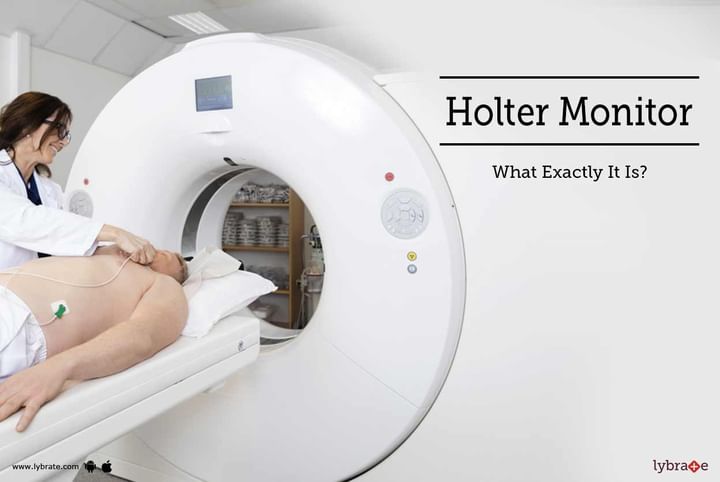Holter Monitor - What Exactly It Is?
A holter is a a 24-48 hour hour ECG that is used to evaluate disturbances in the rhythm of your heart. A holter monitor is a little, battery controlled therapeutic gadget that measures your heart's actions, for example, rate and cadence. Your specialist may request that you utilize one, in case that they require more data about how your heart functions, that a normal electrocardiogram (EKG) cannot give them. Twenty four hour holter monitoring is an important test to record your heart's rate and cadence for twenty four hours.
You wear the holter small monitor for twelve to forty-eight hours as you continue with your usual everyday routine. This gadget has cathodes and electrical leads like a standard ECG. It can get your heart's rate and beat as well as when you feel neck pains or display indications of an unpredictable pulse or arrhythmia.
Here is how it usually works:
- The holter monitor is very small. It is marginally bigger than a deck of playing cards. A few leads or wires, are attached to your body like an ECG. The leads connect with cathodes that are put on the skin of your chest with a paste like gel. The metal anodes direct your heart's movement through the wires and into the holter screen.
- You wear a little pocket around your neck that holds the recorder. It is important to keep the monitor near your body during the testing time frame to ensure the readings are precise.
- You will get guidelines that disclose how to deal with your monitor and what not to do while you are wearing it. It is vital to abstain from activities, such as washing, exercising, or running, while you are wearing the screen.
- You are urged to take an interest in your typical routine during the holter twenty-four-hour test. You will be coordinated to record your routine in a journal.
- A 24-hour holter test is effortless. Make sure to record any pain, fast pulse, or other cardiovascular symptoms you have during the testing period. Keep the Holter dry to guarantee it works properly. Scrub down or shower before your arrangement to have the screen fitted and do not apply any moisturizers or creams. Stay away from exercises that may lead to the screen getting wet.
- Electrical fields may meddle with the capacity of the holter screen. Keep away from zones of high voltage while wearing the screen.
The results can somewhat be determined as follows:
- After the suggested testing time allotment has passed, you will come back to your specialist's office to have the holter monitor removed. Your specialist will read your movement and examine the aftereffects of the screen. Depending upon the results of the test, you may need to experience additional testing before a conclusion is made.
- The holter monitor may uncover underlying disturbances in your heart rate that may go unnoticed and will help your doctor in treatment of the condition. This is an a very informative and useful tests specially if you have irregular heart beats, fast heart beats, unexplained dizziness or fainting.
In case you have a concern or query you can always consult an expert & get answers to your questions!



+1.svg)
